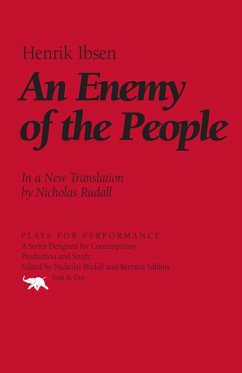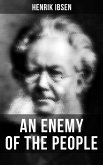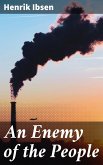Nicholas Rudall, whose acclaimed translations of Ibsen and the Greek classic playwrights have brought a fresh perspective to the American theater, turns his talents to one of the Norwegian dramatist's most provocative plays. In a rebuke to the Victorian notion of community as well as to the blessings of democracy, Ibsen creates a situation in which one man must stand alone to face the forces allied against him. In a coastal town, a community-minded physician has promoted the development of public baths in order to attract tourists. When he discovers that the water supply for the baths is contaminated and attempts to publicize the failing and correct it, he and his family are all but driven out of the town he was trying to save.
Dieser Download kann aus rechtlichen Gründen nur mit Rechnungsadresse in A, B, BG, CY, CZ, D, DK, EW, E, FIN, F, GR, HR, H, IRL, I, LT, L, LR, M, NL, PL, P, R, S, SLO, SK ausgeliefert werden.









